This year for Safe Motherhood Week (SMW) we are “Upholding maternal rights in times of crises”.
The COVID pandemic and war in the Ukraine has strained health systems affecting even more vulnerable people – , such as migrants and mothers with precarious health conditions.
Are you a mother with preexisting health conditions?
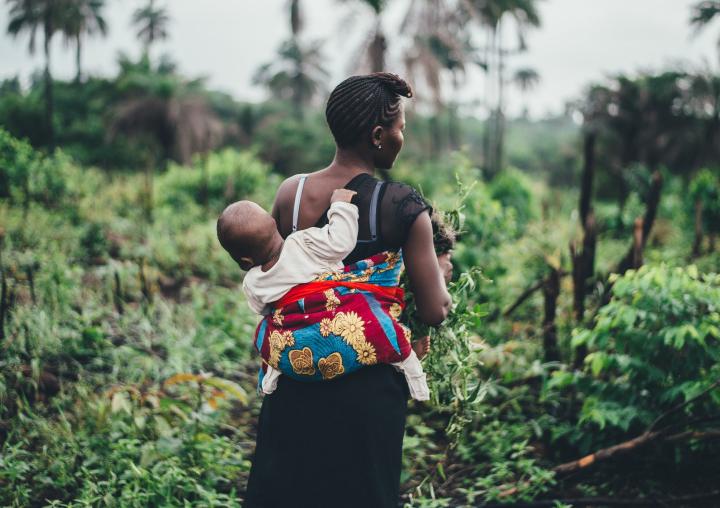
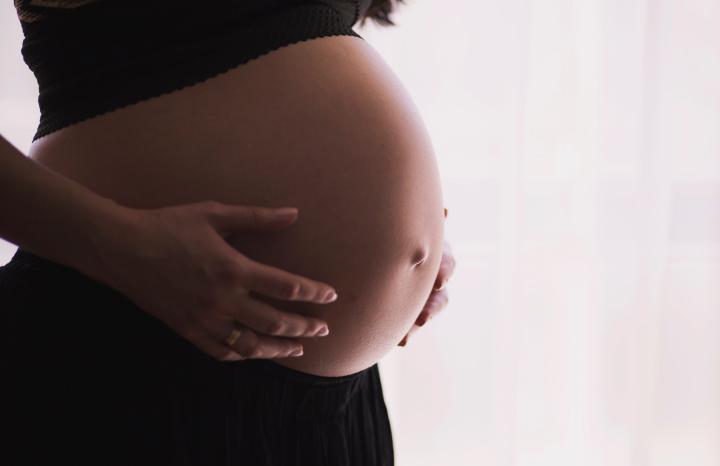

This year’s Safe Motherhood Week aims to highlight the impact of various crisis on maternal health services, identifying where gaps have become urgent and encourage all stakeholders to act today
Join the movement to make the motherhood journey safe and smooth for ALL mothers. Join our maternal health ecosystem
We welcome membership from institutions, organizations and enterprises that support a world where all women have balanced access to high-quality maternal healthcare, and are looking for new members with the commitment and expertise to work with us to make it a reality.
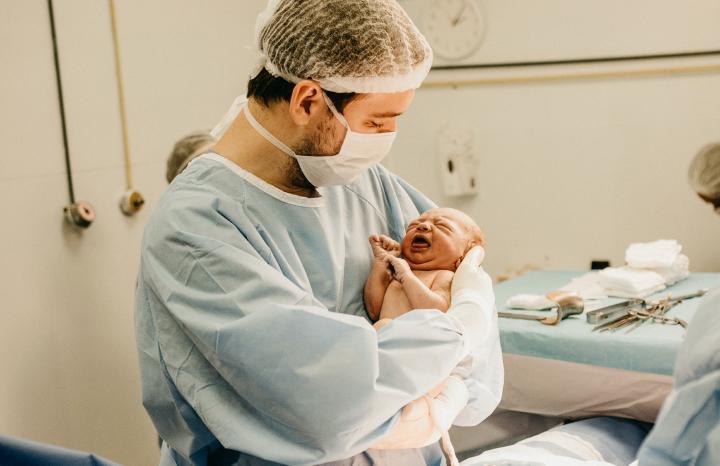
This year with Safe Motherhood Week, we are calling all stakeholders to make a firm commitment on maintaining the right to essential maternal health services as critical to prevent inequalities, death and disabilities in all women.
Everyone has the right to a positive maternal health experience and even though it is an experience that touches everyone, it should not be taken for granted. We want maternal health to continue to be seen as a priority by decision-makers.
It is difficult to measure but there is a direct impact – because of the Russia-Ukraine conflict war we are getting less funding, and this funding is used to support these weak and fragile health systems, to make sure that quality services are available.
In the US, the CDC has recently released its statistics on maternal mortality, and the most recent update includes Covid, and showed that our maternal mortality rate has increased significantly from 17 maternal deaths per 100,000 to 23.8 per 100,000.

OBGYN and Senior Medical Director, Women’s Health, Office of the Chief Medical Officer at Johnson & Johnson
Our effort this year is to:
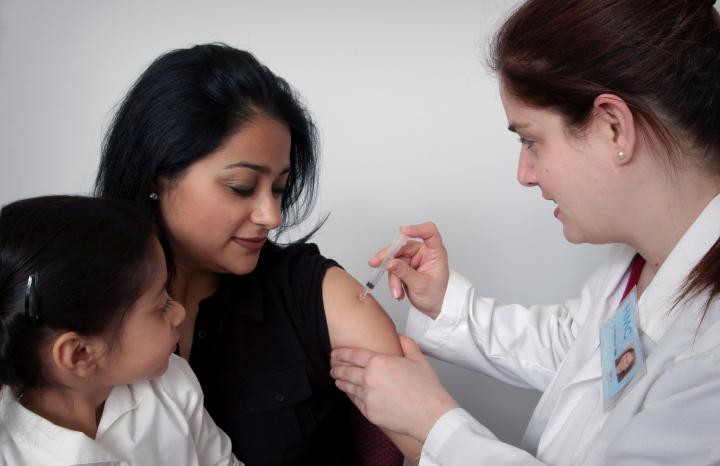
We believe that access to high quality maternal & newborn care and having a positive pregnancy experience is a basic human right. Investing in maternal care also means investing in a better future for everyone.
Join the conversation, and share the campaign on all social media.
#SafeMotherhoodWeek brings together key stakeholders,including you to tackle the issue of maternal rights.
Our 2022 theme is “Upholding maternal rights in times of crises”.
Hear @HHarnik of @The_Synergist & share our call to #investinMothers
Join us: https://t.co/MKw6cdg0Lw pic.twitter.com/GuYMwC50IF— Safe Motherhood Week (@MaternalRights) October 21, 2022
Are you a maternal healthcare expert? Join Synapse to find everything related to maternal health and make your work available to the community.
– your global maternal health network
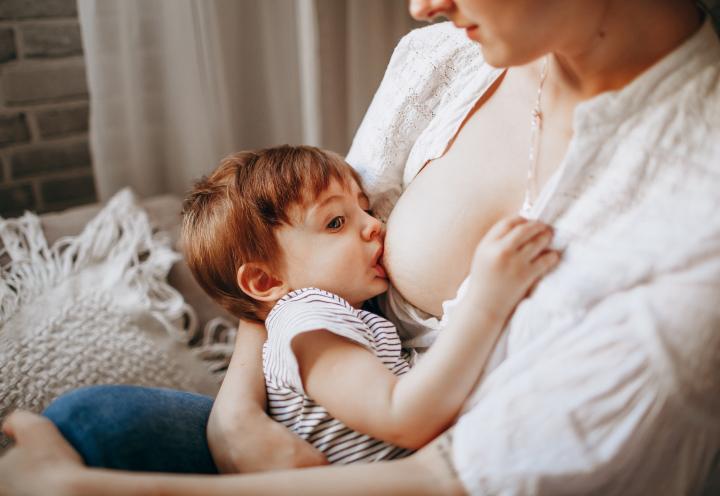
Some key facts
- Women’s health deserves to be a bigger focal point of medical research, including during clinical trials for new vaccines, drugs and treatments. The U.S. National Institutes of Health (NIH), published a study that suggested people who received two COVID vaccine doses in a single menstrual cycle experienced a nearly four-day increase.
- 50% of pregnant women interviewed by a Médecins du Monde report said they did not have access to antenatal care and shared alarming testimonies of their experiences trying to access healthcare.
- Out of 1,018 pregnancy-related deaths, a preventability determination was made for 996 deaths. Among these, 839 (84%) were determined to be preventable.
Our partners
Inequalities in outcomes from maternity services and maternal healthcare must be tackled if we want to eradicate the unnecessary loss of lives.
No woman must be left behind regardless of location, condition and pre existing health conditions.
Subscribe to get the latest updates
Get the latest information on Motherhood Collective Impact Program and stay connected with our activities.












